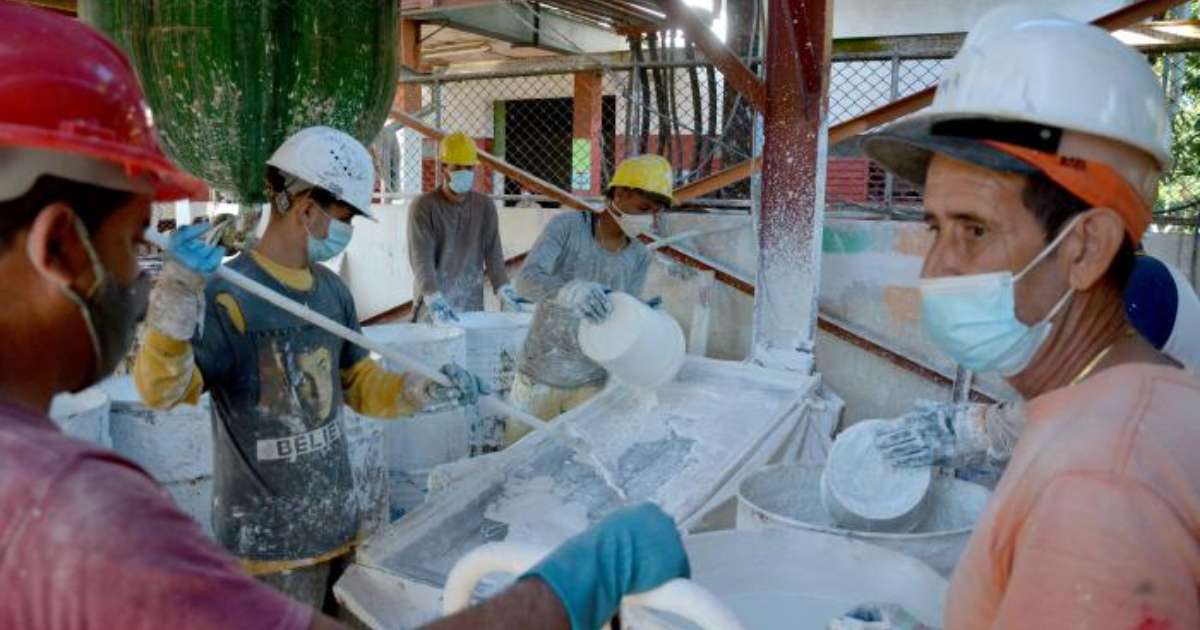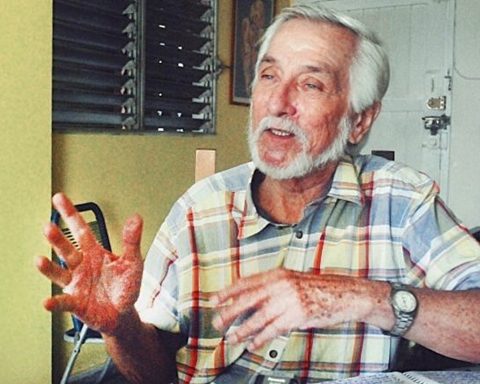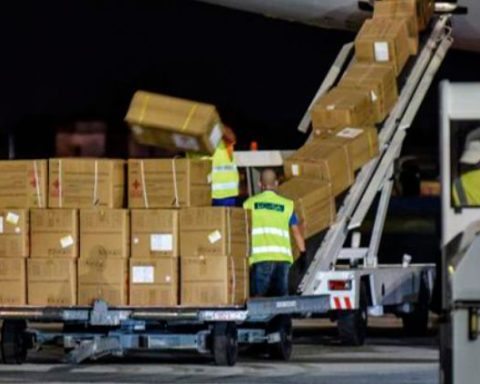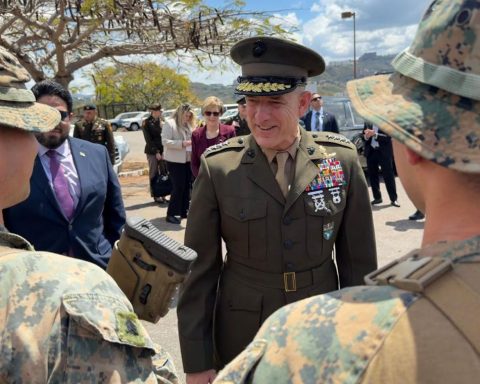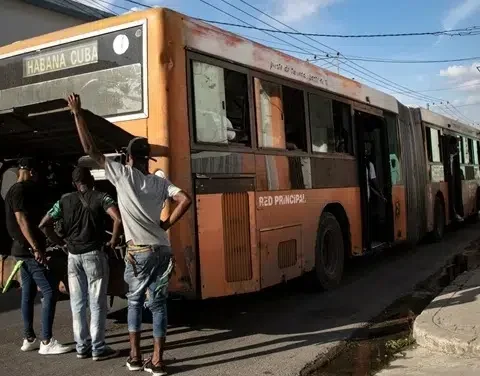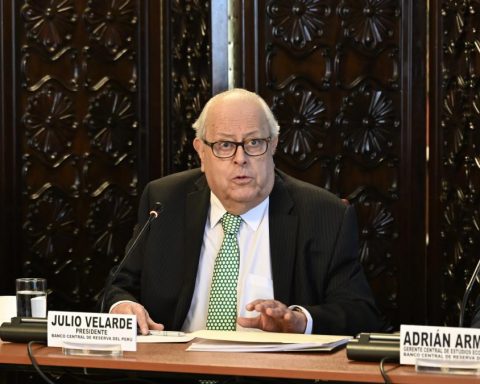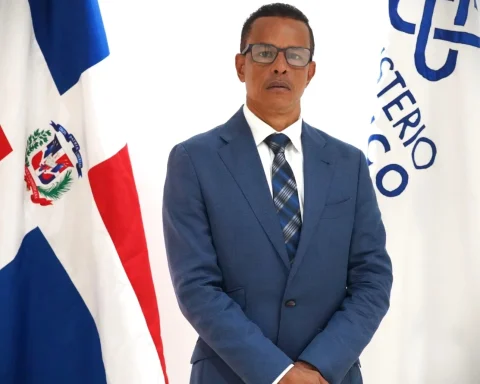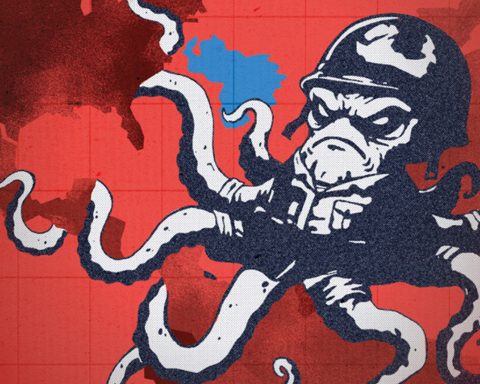HAVANA, Cuba.- Sometimes it seems that the economic leaders of Castroism try to identify the good progress of the economy with the number of economic actors that are emerging. Thus, the creation of new micro, small and medium-sized enterprises (MSMEs) and non-agricultural cooperatives (CNA) are reported, and immediately they think about the creation of new jobs and a range of offers that mitigate the acute shortage of goods and services that our economy suffers. At the end of the first decade of May, there were 3,191 private MSMEs in the country, 51 state-owned, and 50 CNA.
However, reality behaves quite differently. Not all the mechanisms are in place for these actors to function properly. Everywhere there are obstacles that impede its development. Such a situation emerged from the results of a government control of 35 MIPYMES and CNA, and that was given to meet during the debates of the commissions of Economic Matters and of Attention to the Services of the National Assembly of the People’s Power.
First of all, there was talk of the non-existence of procedures for these actors to receive foreign investment and international collaboration. Something that places them at a clear disadvantage with respect to state entities.
On the other hand, these same state entities frequently treat the new economic actors with a certain contempt. For example, they refuse to establish contracts with them, nor do they agree to lease unused premises that would be very useful for MSMEs and CNAs.
Government control also showed that these actors require more agile access to bank financing, greater legal advice, as well as more extensive training in economic and accounting issues.
Special mention for the complaint of MIPYMES and CNA about the non-existence of a legal mechanism in the country for the purchase of foreign currency. Foreign exchange that they need to acquire raw materials and inputs for their production and services, and that until now they have had to buy in the informal market, where the value of the dollar rises wildly with respect to the Cuban peso – it is already around 125 pesos for each dollar -, fueling the inflationary process that today preys on the pockets of Cubans.
Well, on the following day of the National Assembly, the deputy prime minister and head of Economy and Planning, Alejandro Gil, announced a kind of foreign exchange experiment consisting of state intervention in this dollar market, with the obvious purpose of try to prevent “the enemy’s currency” from continuing to gallop at full speed.
In this context, some MIPYMES and CNAs could acquire dollars sold by the State, in a more or less intermediate range between 24 and 125 Cuban pesos, so that they can import raw materials and supplies, and then sell their productions to state entities, which in turn would finally market them to the population in national currency.
We actually don’t think the experiment is very beneficial for MSMEs and CNAs. They will not be able to use the dollars sold by the State to expand the productions that best suit their group. The State, in exchange for the currency sold, will indicate what to produce, to whom to sell the productions, as well as the price in national currency that they will receive from the retail companies.
As we can see, Castroism maneuvers in many ways trying to get the new economic actors off the ground. But it has not just put into practice the most effective experiment for this: the true autonomy of these actors.
OPINION ARTICLE
The opinions expressed in this article are the sole responsibility of the issuer and do not necessarily represent the opinion of CubaNet.
Receive information from CubaNet on your cell phone through WhatsApp. Send us a message with the word “CUBA” on the phone +1 (786) 316-2072, You can also subscribe to our electronic newsletter by giving click here.
